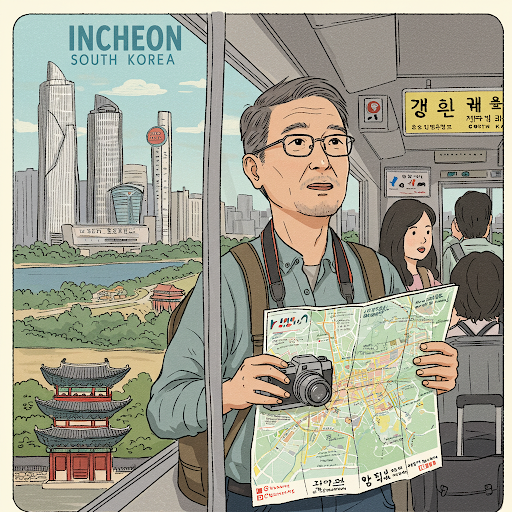Basic Etiquette for Traveling in Korea

Due to cultural differences, foreigners often encounter unnecessary misunderstandings while traveling in Korea, and in some cases, may even violate local laws. Understanding local cultural etiquette and legal norms is very important when traveling in Korea, as it not only helps avoid unnecessary misunderstandings but also makes your trip more enjoyable and smooth. Below are some common Korean cultural etiquette and tips to help you better integrate into local life:
1.Social Etiquette
Bowing Greetings: Westerners greet each other in a variety of ways, such as waving, nodding, kissing, etc. In contrast, Koreans typically bow when meeting others, especially to elders or strangers. The deeper the bow, the higher the person's status. As tourists, we may not need to be as detailed as locals, but a simple nod, smile, or light bow is enough to show basic politeness.
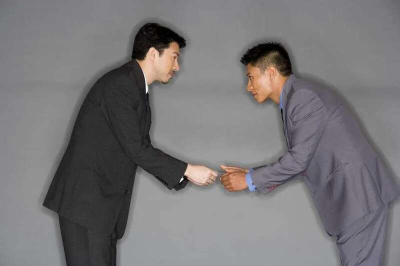
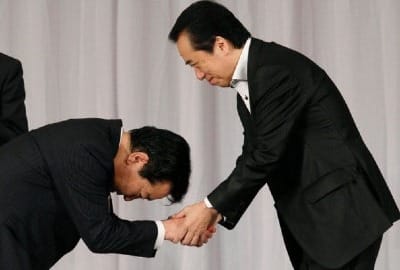
Shoe Removal Etiquette: When entering a Korean home, traditional restaurants (such as Hanok, wooden floor restaurants, etc.), or certain indoor places, it is necessary to remove your shoes. Please pay attention to whether there are shoe racks or signs indicating where to place your shoes.
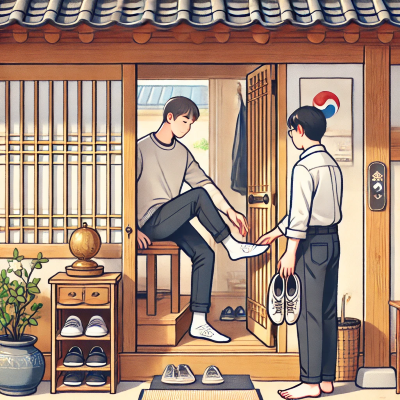
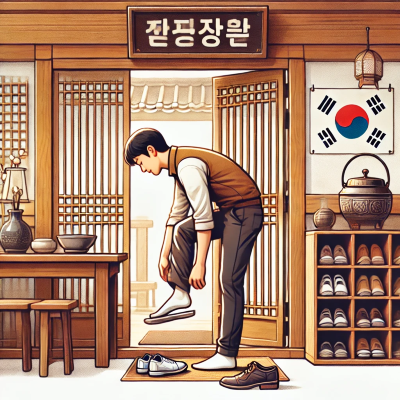
Respecting Elders: In Korea, the order of age is very important. When speaking to older people, avoid directly addressing them by their first names.
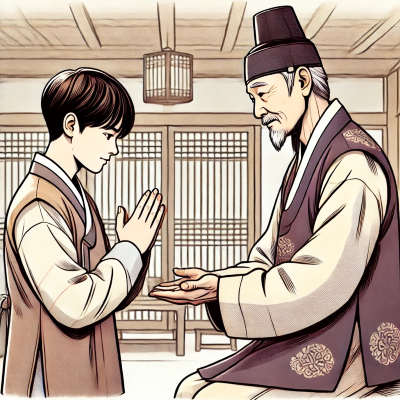
2. Public Etiquette
Subway Etiquette: The subway has designated "elderly seats" (usually located at one end of the carriage, consisting of three dark-colored seats in a row) and "priority seats for pregnant women" (usually located at the two ends of a row of seats in pink). Even if these seats are empty, do not sit in them.

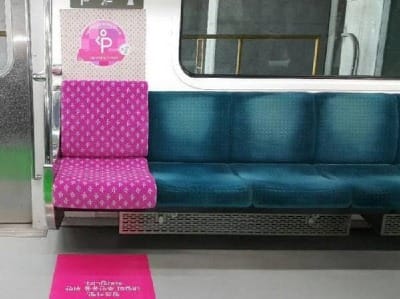
Additionally, avoid speaking loudly or making phone calls on the subway. In South Korea, loud noise on the subway is generally disliked by most people and is considered rude.
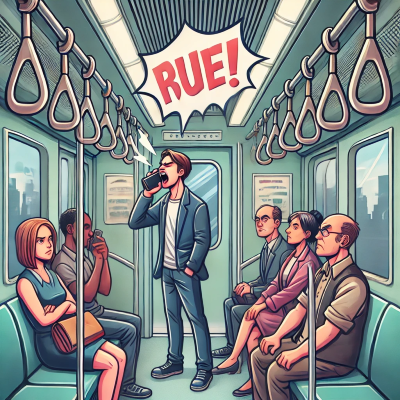
Also, when getting on and off the subway, please follow the order of "let passengers get off first, then get on." Avoid pushing or shoving, and do not cut in line.

No Smoking Etiquette: Smoking is prohibited in public places in South Korea (such as streets, parks, and subway stations), and can only be done in designated smoking areas. Otherwise, you may be fined. This is especially important to note, as smoking in public spaces is illegal.

Photography Etiquette: Do not take photos of strangers casually, especially children and women. Try to avoid photographing their faces, and always ask for consent before taking a photo. In some traditional places (such as palaces, temples) or exhibition halls, be sure to look for signs indicating "no photography."
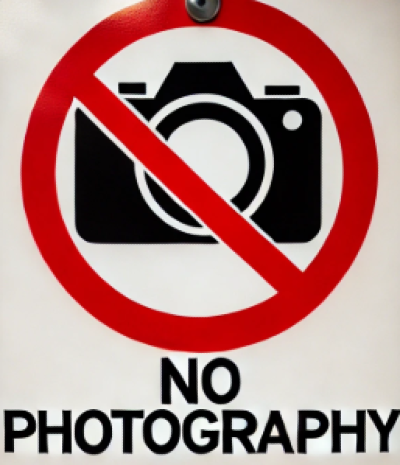
Waste Sorting: South Korea enforces a strict waste sorting system. Please follow the instructions to separate your waste into recyclables, food waste, and general waste. Improper disposal of trash is illegal and may result in a fine.

Avoid Sensitive Gestures: Do not point at people with your index finger or gesture for someone to come over; this is considered impolite.
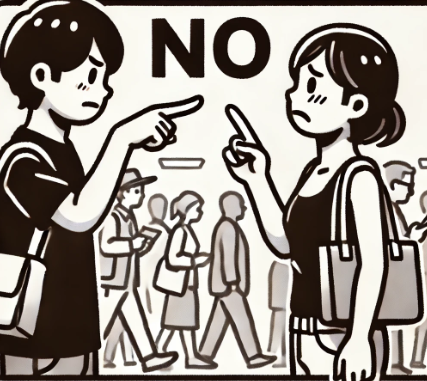
3.Dining Etiquette
Drinking Etiquette: According to Korean law, individuals under the age of 19 are prohibited from consuming alcohol. An ID may be required when purchasing alcoholic beverages.
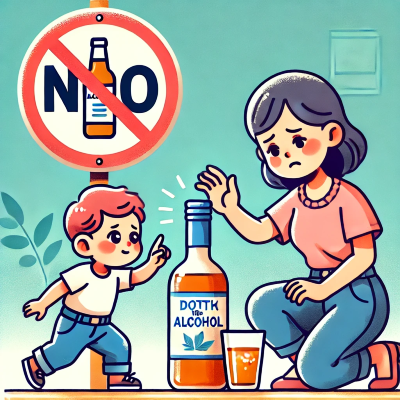
Dining Etiquette: When dining with elders, you should wait for them to start eating before you begin. Avoid sticking chopsticks upright into a bowl of rice, as this is considered a ritualistic gesture used during memorial ceremonies.

4.Special Considerations
Respect for Korean History and Culture:

Korea's Noise Management Regulations:
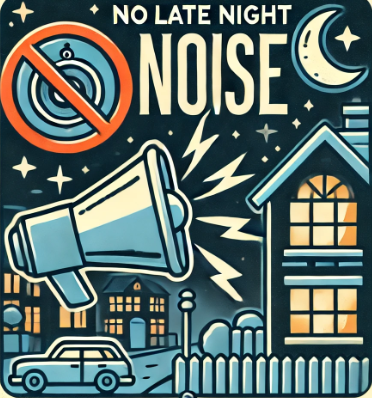
Loud talking, playing music, excessive TV volume, and noisy gatherings are all considered noise disturbances. If neighbors report it, the police may issue a warning. Repeated violations or severe cases may result in fines, typically ranging from 100,000 to 500,000 KRW (approximately 75 to 375 USD).
Tips: What to do if a noise complaint is reported against you?

First, cooperate with the police. If they come to your door, remain polite and cooperate with the investigation. Acknowledge the mistake and promise not to make noise again.
Next, apologize: If a neighbor files a complaint, apologize proactively and promise to correct the behavior. The key is to avoid conflicts. Do not argue with your neighbor or the police, as this may lead to harsher penalties.
Summary:
Korean cultural etiquette and legal norms reflect respect for others and society. As a visitor, understanding and adhering to these etiquettes will not only help avoid misunderstandings but also make your trip more enjoyable and smooth. We hope these tips will help you better integrate into Korean culture and have an unforgettable journey! Wishing you a pleasant trip!

